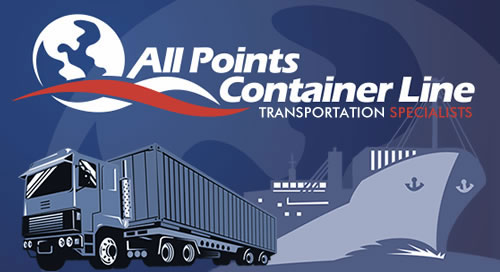The COVID-19 pandemic impact is likely to affect every industry for a long time to come, so adaptability in these trying times is critical. The logistics sector is taking this seriously. Let us explore how the haulage sector might evolve in the years to come, and how construction logistics plan to adapt to meet the demands of the changing industry.
Eco-Friendly Tech
The FTA announced that they will be launching sustainable infrastructure initiatives in Northern Ireland, and the entirety of the UK is likely to follow shortly. Construction logistics will see a significant challenge arise in how to best adapt methodology and incorporate environmentally friendly procedures.
Eco-Conscious Haulers
Haulers are becoming more eco-conscious at a rapid pace and are taking collective steps towards positive change. A prominent transition many are making is low emission zone compliant fleets. These fleets move goods in and out of London to support UK supply chains while limiting their impact on the city’s air quality. There is, however, much more to be done.
Innovation and Mass Production
New technology development is likely, and the hope is that they will prioritize sustainability and subvert expectations. New carbon-neutral vehicles are the front-runners to this goal since they massively reduce the environmental impact of long-haul trips. It is not perfect yet, of course. Still, as technology advances and demand grow, the future for these types of vehicles is promising.
A Change in Timing
The London Lorry Control Scheme prevents heavy-weight vehicles from making trips in some residential regions overnight from 9 pm to 7 am. If electric cars are developed, then certain exceptions may be made. Electric vehicles would minimize noise pollution, possibly changing the rules, as well as decreasing carbon emissions.
As always, we will be keeping an eye on all these developments so we can successfully adapt accordingly.

